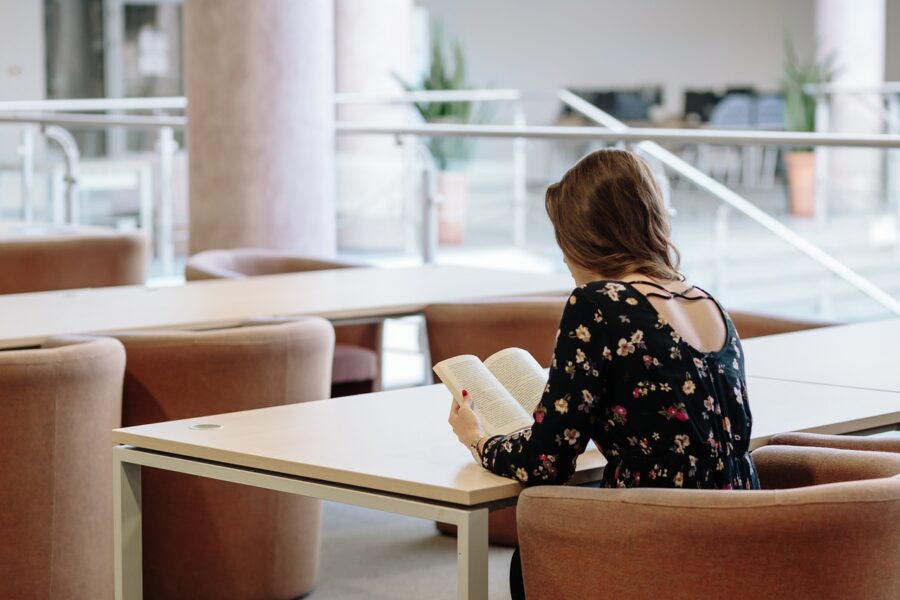
Reading lists for modules, academic papers publishing sites, or even mere access to university resources and the library – it’s all online, as we know it. The Digital Age is here to stay, and institutions have naturally begun to adapt to it. But the consequence? Young people are now far less likely to pick up physical books.
The sale of printed books has been on the decline since 2002. The 2023 National Endowment for the Arts report showed that this steady decrease has been accredited to a variety of factors. It goes without saying that accessing your phone, the device that practically lives in a large chunk of the population’s pockets, is easier, faster, and likely much cheaper than fetching a book to carry around with you. Statistics do not show that people are reading less overall – only that they are reading less novels and literature from stores.
“Statistics do not show that people are reading less overall – only that they are reading less novels and literature from stores. “
On the other hand, studies from teachers show that reading as little as 15 pages of a physical book per day increases memory and expands the language used by an individual – this statistic is even higher for younger children. Thus, schools and employers should advocate for literacy improvements through providing more accessible resources in their institutions. It is much easier to provide resources online – especially for remote workers or students – but it is essential to level out the pros and cons of each. As outlined, it is evident that physical copies are more beneficial for the brain.
However, the rise of the BookTok community on TikTok platforms that arouse from mid-2023 has consequently encouraged teens and young adults to return to reading physical books. BookTok allows them to share their recent reads with others within the community. Yet, this in itself has been thought to normalise overconsumption in attempts to create an outside image of a ‘reader’ personality – storing entire collections of books without actually reading them.
“…studies from teachers show that reading as little as 15 pages of a physical book per day increases memory and expands the language used by an individual”
Personally, I have never used an electronic reader device such as a Kindle, and I often struggle to pay attention to all of my digitally accessible readings for my modules when I stare at my laptop screen for too long. Concentration certainly wavers more frequently reading on a screen than it does turning the pages of a book.
There is something satisfying about reading a physical book that reading on your phone, tablet or laptop lacks. You can’t flick the pages, break the spine of the book, colour code annotations with physical highlighters, or mark the corner of a page to come back to later. Those are the parts I enjoy the most about reading, besides the apparent storylines themselves.
Our attention spans are consistently shrunk by short-form content, such as videos on TikTok, Instagram Reels or YouTube Shorts. Accessing our phones is now so easy that we can do almost everything from the handheld device we keep on us for the majority of the day. I cannot help but find it rewarding getting through a physical story. My phone will simply never compare to the smell of walking into a bookshop and feeling so at home, surrounded by all the latest publications.


